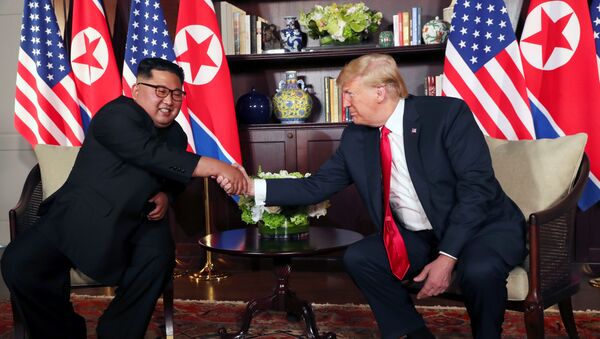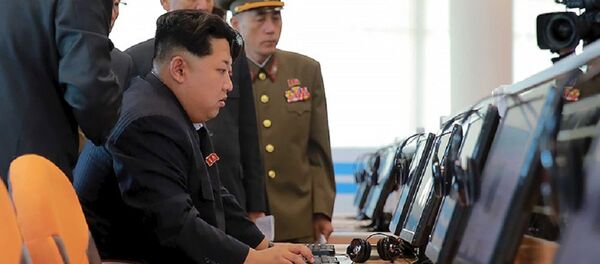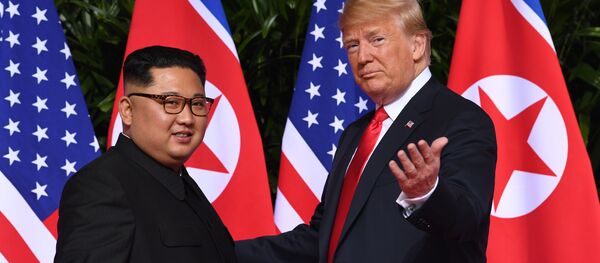On June 12, Trump and Kim met in Singapore where they issued an agreement that requires Pyongyang to denuclearize in exchange for a freeze on US-South Korean military drills and eventually sanctions relief.
"Singapore was government by ‘spectacle.’ The public was bedazzled," Granoff said. "The real work has still to be done — the drafting and agreement on confidence building measures, creating a comprehensive system of inspection, agreeing on denuclearization and demilitarization measures."
"The Singapore Summit opens the door for potential progress to integrate North Korea in the community of nations. It identifies a set of issues that need to be clarified. The eyeballs of the world as Kim emphasized were focused on Singapore," Granoff said.
The negotiators, he continued, must deal with a number of open questions such as how to define demilitarization, what to do with other weapons of mass destruction (WMD), and what form of a negotiated security will North Korea require.
"Will North Korea rejoin the Nuclear Non-Proliferation Treaty (NPT)? Will it do so as a nuclear power or a non-nuclear power?" he asked.
On Friday, a Rasmussen poll revealed that in the wake of the Kim-Trump summit US voters are actually more skeptical that North Korea will denuclearize.





